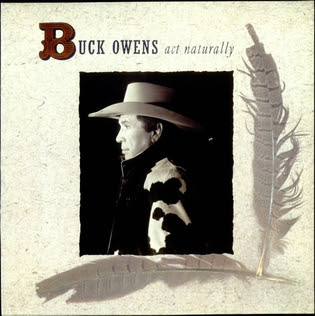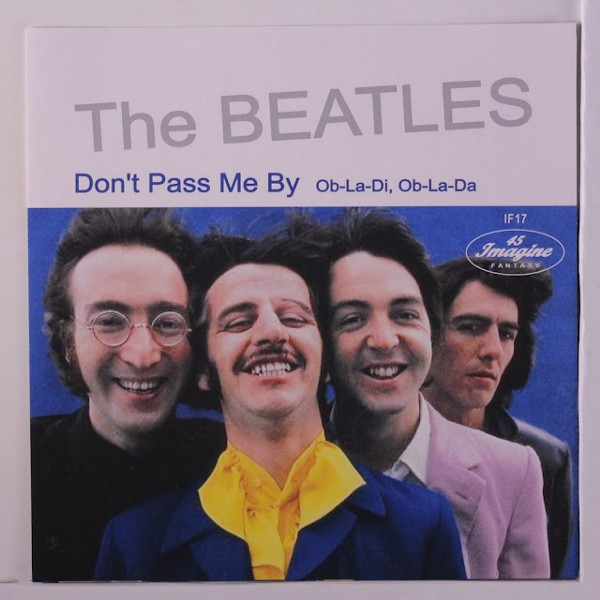How many covers did The Beatles record?
Excluding Maggie Mae - the traditional folk ballad featured on Let it Be - The Beatles officially released twenty-four cover versions of songs by other artists between 1962 and 1970.
Most of the first twenty-three emerged from their live set and the majority dated back to Hamburg. John and Paul shared singing duties, though George sang Roll Over Beethoven. Perhaps surprisingly, three covers became 'Ringo songs': Boys, Honey Don't and, much later, Honey Don't.
'Act Naturally' was the last of these, appearing on the LP Help in 1965. A last minute replacement for an attempted Lennon-McCartney original (You've Got Your Troubles) it was in some respects a throwback to earlier 'Ringo specials' like Boys. That track had initially been a vehicle for Pete Best - this one would further cement his persona as the quirky Beatle
Source
Act Naturally was on the surface an unusual choice. A country and western hit for Buck Owens and the Buckaroos from 1963, it did not have the hipster chic of early Motown tunes. It was unashamedly Nashville, complete with twanging guitars and southern drawl.
Ringo, whose long-standing fondness for country music is reflected in his stage name, chose the track: I found it on a Buck Owens record and I said, ‘This is the one I am going to be doing,’ and they said ‘OK’. We were listening to all kinds of things.
Recreating a distinct local sound alway risks ridicule (see Ob-La-Di, Ob-La-Da) particularly when it involves a part of your biggest market. To their credit, The Beatles refused to be cowed. Perhaps liberated by the get-out-clause that it was a 'Ringo tune' they went about their task with an infectious enthusiasm.
In fact the upbeat mood is more typical of the early singles than some of the more morose output on Beatles For Sale and Help.
Recording
Ringo liked to ham up his turn in the spotlight, especially when it involved pulling on cowboy boots. Though an unlikely sharpshooter, his pub singer vocal was a good fit for his jovial persona. That said, it was agreed that his vocal would only be added when the instrumentation had been laid down.
Given the simplicity of the material, it is perhaps surprising that it took thirteen takes to knock into shape. Effectively, The Beatles were rehearsing in the studio, a luxury that their success had brought them. They were 'knocking out' a filler track, a process that Lennon would later condemn as compromising their artistic integrity.
And yet the impression created by the recording is that of a in a genial end-of-term collaboration. Beatlemania may have become a debilitating curse, but the in the studio they were still enjoying themselves.
Unlike all their other recorded covers, Act Naturally was never part of The Beatles live repertoire. They did play it on what would be one of the last of their last live performances - the fourth and final Ed Sullivan Show appearance in August 1965.
Act Naturally would eventually become Ringo's signature tune. He has played it during virtually every show, of Ringo Starr & His All-Starr Band, beginning in 1989. In that year Ring also recorded a duet version with Buck Owens - a celebration of two blue collar musicians who had hit the jackpot in 1963 by acting naturally.



